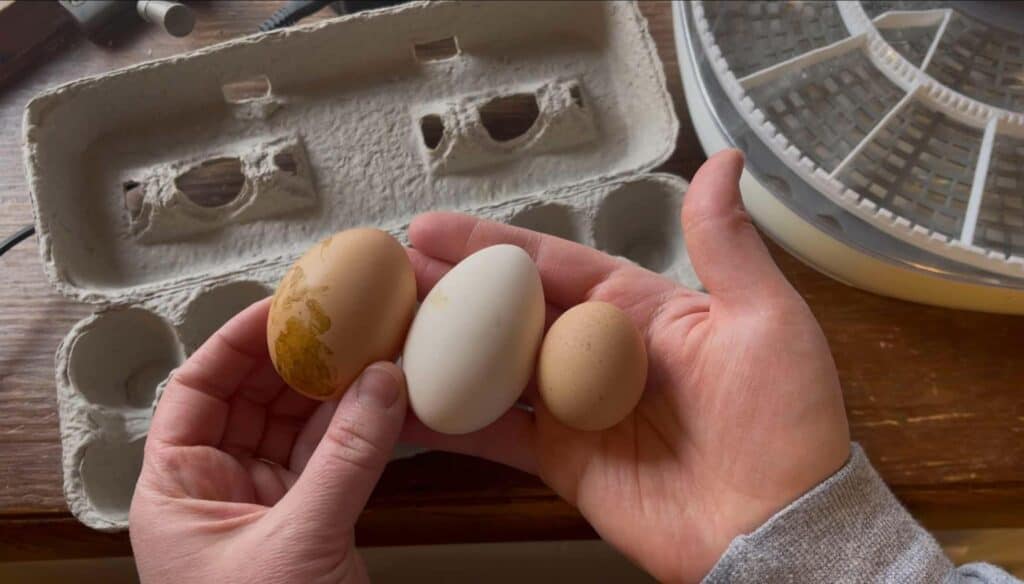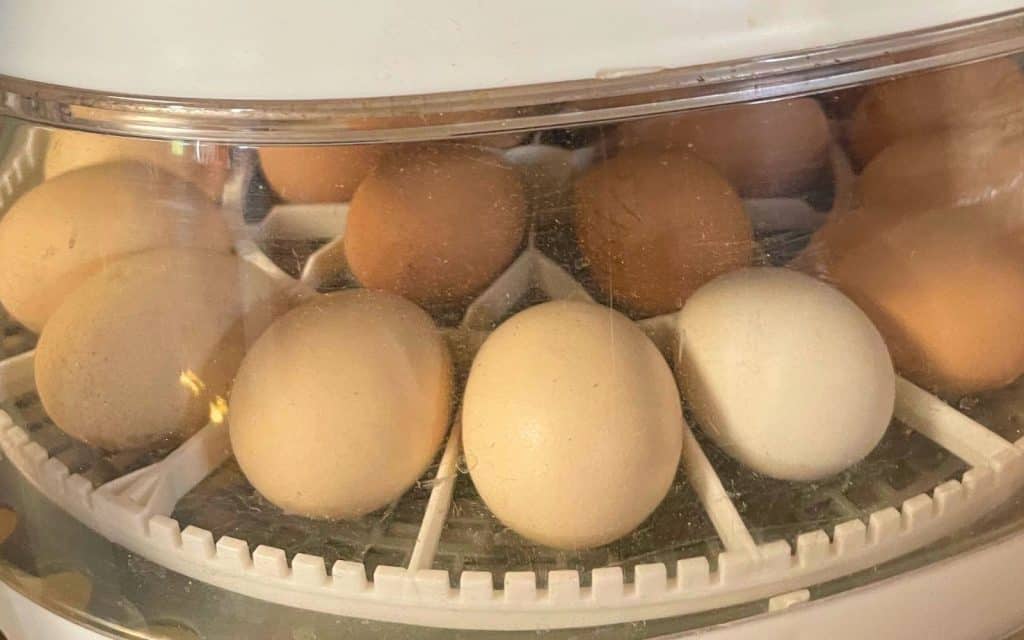For chicken enthusiasts and poultry farmers alike, understanding the importance of egg rotation frequency in an incubator is crucial for successful hatching. This fundamental aspect of incubation plays a pivotal role in ensuring that your eggs develop properly, leading to healthy chicks. This article will delve into the science behind egg rotation, its importance, and best practices to follow. We’ll also address common questions and issues that arise during the incubation process.

The Science Behind Egg Rotation
Egg rotation is a natural process that occurs when a mother hen turns her eggs during incubation. This movement is essential for the proper development of the embryo inside the egg. In an incubator, replicating this natural behavior is critical. The egg rotation frequency in an incubator ensures that the embryo does not stick to the shell and allows for even temperature distribution.
Why Rotate Eggs?
Rotating eggs is crucial for several reasons. First, it helps in the even distribution of heat, which is essential for the uniform development of the embryo. Second, it prevents the embryo from sticking to the shell, which can cause deformities or even death. Third, rotation aids in the proper development of the embryo’s organs and body structure.
How Often Should You Rotate Eggs?
The frequency of egg rotation can significantly impact the success rate of hatching. Generally, it is recommended to rotate eggs at least three to five times a day. This mimics the natural behavior of a hen and ensures that the embryo develops correctly. Some incubators come with automatic turners that handle this task, making it easier for those who may not be able to rotate the eggs manually.
Manual vs. Automatic Rotation
Manual rotation involves physically turning the eggs by hand. While this method is effective, it requires diligence and consistency. On the other hand, automatic incubators are equipped with turners that rotate the eggs at set intervals, ensuring that the eggs are turned even if you’re not around. Investing in an automatic incubator can save time and increase the likelihood of a successful hatch.
Effects of Improper Rotation
Failing to rotate eggs properly can lead to several issues. The embryo may stick to one side of the egg, leading to developmental problems. Inconsistent temperatures can also result in weak or malformed chicks. To avoid these issues, ensure that you follow the recommended egg rotation frequency in your incubator.
Common Mistakes in Egg Rotation
One common mistake is forgetting to rotate the eggs regularly. This can be remedied by setting reminders or using an automatic incubator. Another mistake is not marking the eggs, which can lead to confusion about which eggs have been rotated. Marking each egg with an ‘X’ and an ‘O’ can help keep track.
Best Practices for Egg Rotation
Consistency is key when it comes to egg rotation. Ensure that you rotate the eggs at the same intervals each day. If you’re using a manual incubator, consider setting alarms to remind you to turn the eggs. For automatic incubators, regularly check that the turner is functioning correctly.
Temperature and Humidity Considerations
Along with rotation, maintaining the proper temperature and humidity levels is essential for successful hatching. Ensure that your incubator is set to the correct temperature (usually between 99.5F to 100.5F) and humidity (around 50-55% for the first 18 days). For more detailed guidance on humidity, check out this humidity hacks guide.
When to Stop Rotating Eggs
It’s important to stop rotating eggs three days before the expected hatch date. This period, known as ‘lockdown,’ allows the chicks to position themselves for hatching. During this time, increase the humidity to around 65-70% to prevent the chicks from sticking to the shell.
Preparing for Hatch Day
As hatch day approaches, ensure your incubator is clean and functioning properly. Remove any non-viable eggs to prevent contamination. For tips on troubleshooting incubator issues, visit this troubleshooting guide.
FAQs on Egg Rotation in Incubators
What happens if I forget to rotate the eggs?
Forgetting to rotate the eggs can lead to developmental issues. If you miss a rotation, resume the schedule as soon as possible to minimize any potential harm.
Can I rotate the eggs too much?
While it’s important to rotate the eggs regularly, over-rotating is not necessary and can be avoided by using an automatic turner or sticking to a set schedule.
Do all types of eggs need rotation?
Yes, most bird eggs require rotation to ensure proper development. However, the frequency may vary depending on the species. Always research the specific needs of the eggs you’re incubating.

Conclusion
Understanding the egg rotation frequency in incubators is crucial for anyone looking to hatch eggs successfully. By following the recommended practices and maintaining a consistent rotation schedule, you’ll increase your chances of a successful hatch. For further reading on hatching chicks, check out this comprehensive guide to egg incubation.
This article contains affiliate links. We may earn a commission at no extra cost to you.











